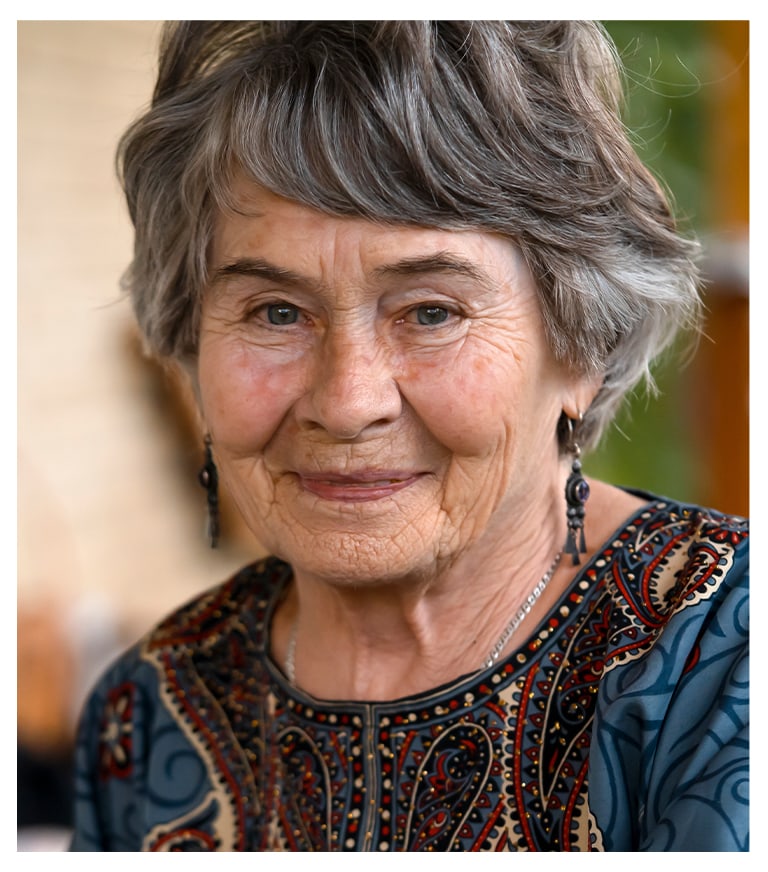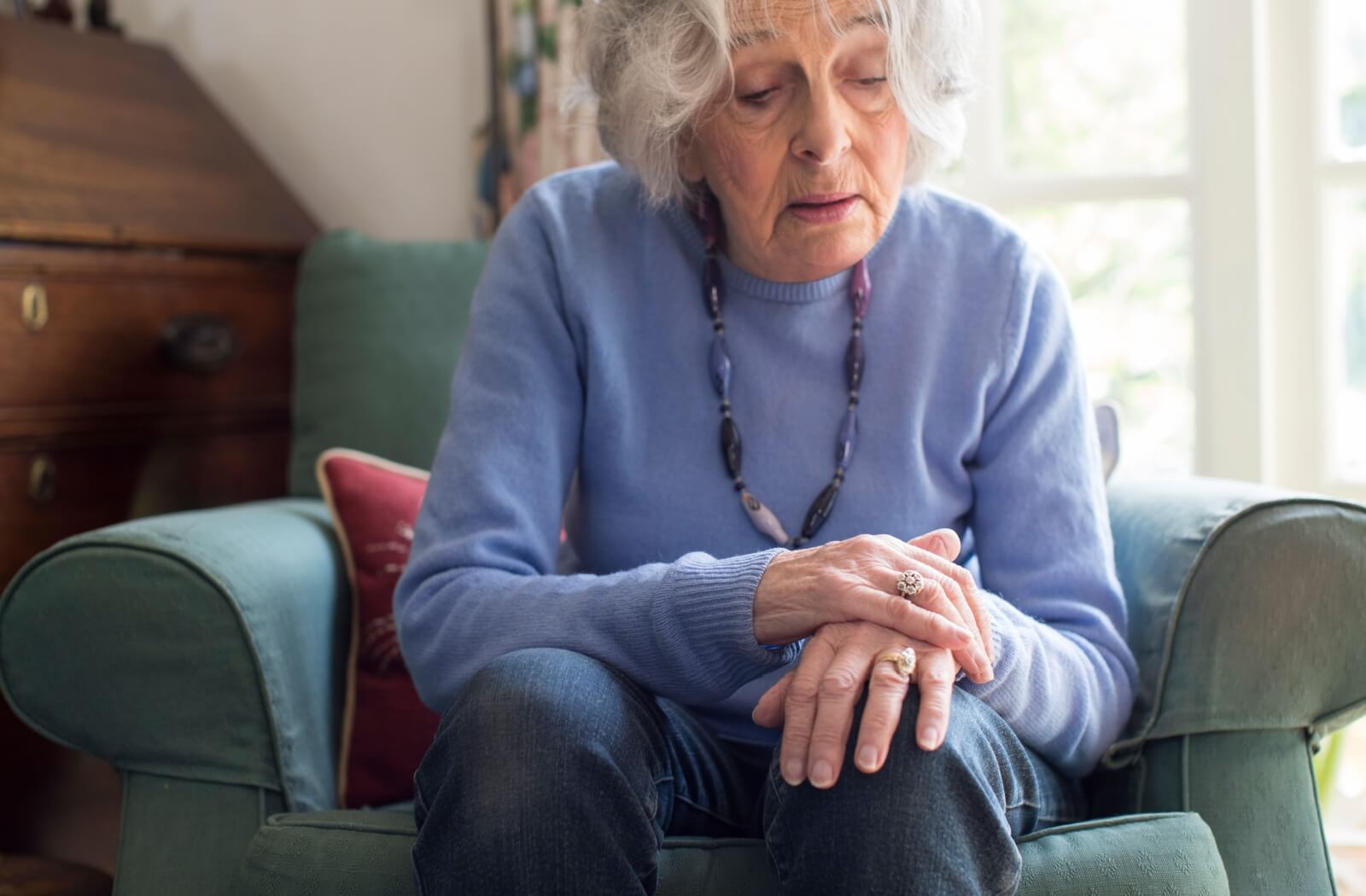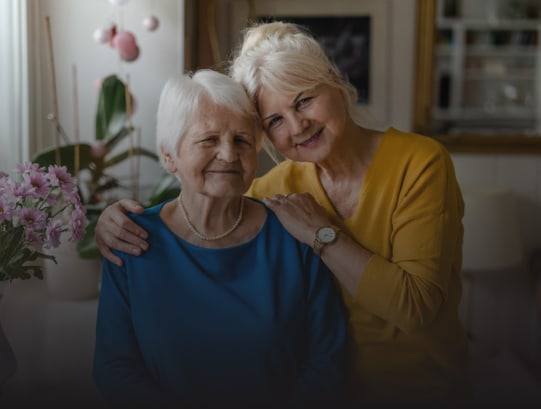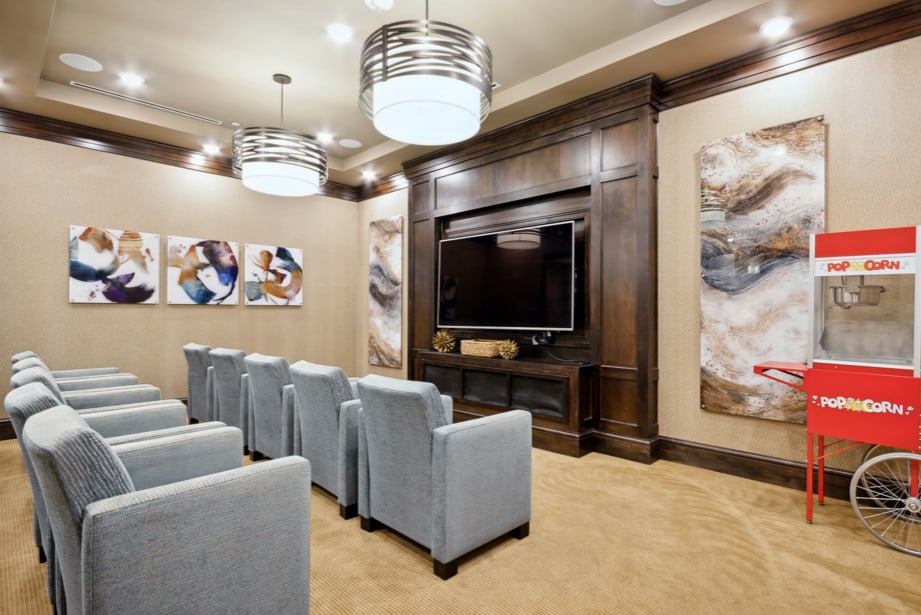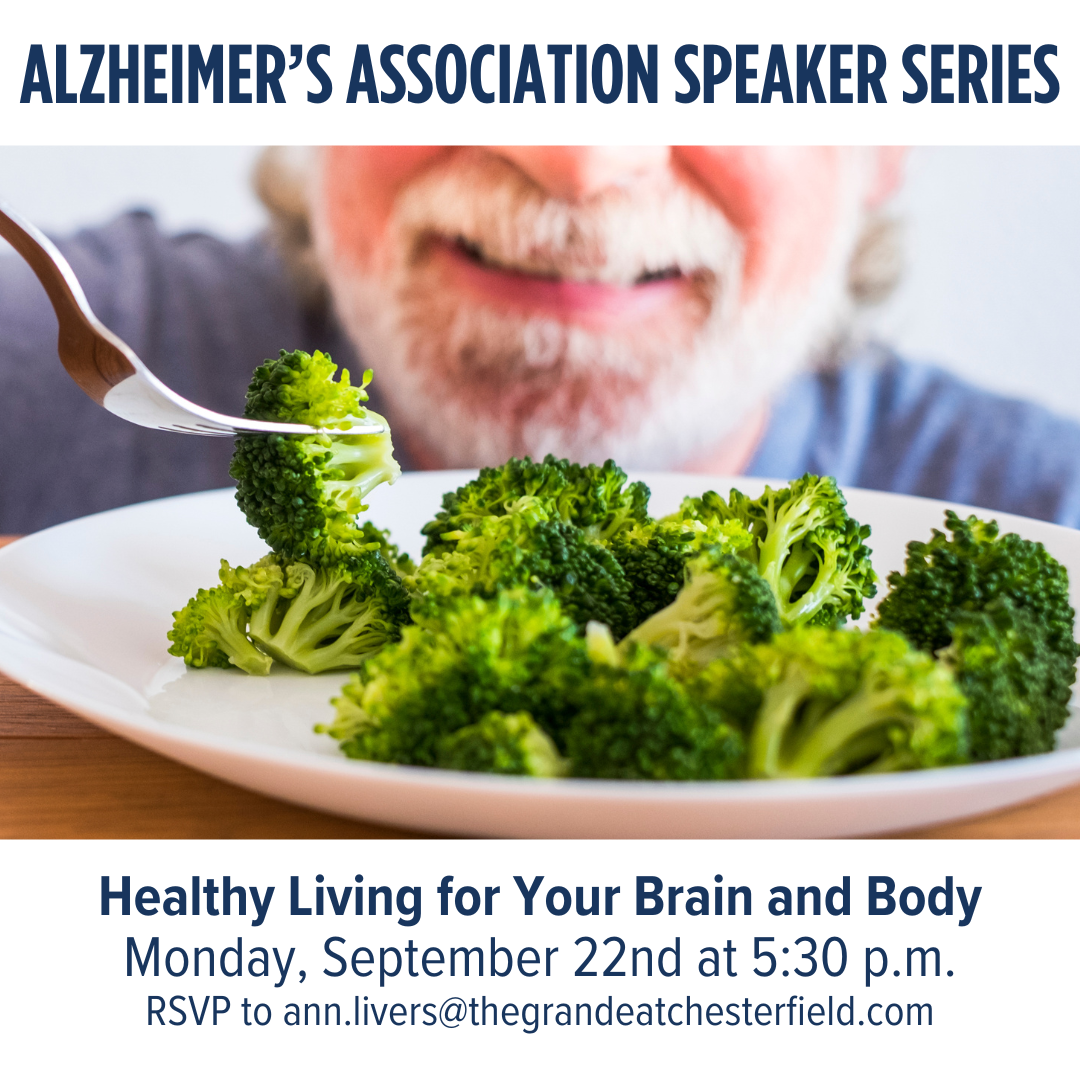Assisted living communities provide a safe and supportive environment for those who need assistance with daily activities but still want to maintain independence. Moving into an assisted living community is a big decision, and many factors need to be considered before making the decision.
Some signs that it may be time for assisted living include:
- Difficulties with activities of daily living (ADLs)
- Decline in physical health
- Memory loss and cognitive decline
- Loneliness and social isolation
- Safety concerns
Difficulties with Activities of Daily Living
Activities of daily living (ADLs) refer to tasks that we perform every day, such as bathing, dressing, grooming, and moving around. When these tasks become challenging or impossible to complete without assistance, additional support may be needed.
Assisted living communities have trained staff who can assist residents with their ADLs, allowing them to maintain independence while receiving the help they need.
Assisted living communities provide a safe and supportive environment for those who need assistance with daily activities but still want to maintain independence. Moving into an assisted living community is a big decision, and many factors need to be considered before making the decision.
Some signs that it may be time for assisted living include:
- Difficulties with activities of daily living (ADLs)
- Decline in physical health
- Memory loss and cognitive decline
- Loneliness and social isolation
- Safety concerns
Difficulties with Activities of Daily Living
Activities of daily living (ADLs) refer to tasks that we perform every day, such as bathing, dressing, grooming, and moving around. When these tasks become challenging or impossible to complete without assistance, additional support may be needed.
Assisted living communities have trained staff who can assist residents with their ADLs, allowing them to maintain independence while receiving the help they need.
Decline in Physical Health
Our physical health may start to decline as we age. This can include decreased mobility, chronic health conditions, and an increased fall risk. If your loved one is struggling to manage their physical health on their own, they may benefit from the care and support provided in an assisted living community.
Assisted living communities often provide access to healthcare professionals and regular wellness assessments to support residents’ overall wellness.

Memory Loss & Cognitive Decline
Memory loss and cognitive decline are common as we age, and some people may develop dementia or Alzheimer’s disease. These conditions can make remembering daily tasks and managing their own care difficult.
Assisted living communities may provide more specialized memory care that caters to the specific needs of those with memory loss. These units provide a safe and structured environment and are run by trained staff who understand the unique needs of someone with cognitive decline.
Loneliness & Social Isolation
Loneliness and social isolation can negatively impact mental health. As we age, we may lose connections with friends and family or have difficulty leaving our homes due to physical limitations.
Assisted living offers a built-in community where your loved one can connect with others who share similar interests and experiences, helping combat feelings of loneliness and promote social interaction, which is essential for maintaining good mental health.
Safety Concerns
As we age, we may face safety concerns that make living independently difficult, including limited mobility, vision or hearing impairments, and memory loss.
Assisted living communities provide a safe environment with 24/7 staff to assist with any needs. Communities are also commonly designed with features like handrails, non-slip flooring, and emergency call systems to ensure residents’ safety.
Family Caregiver Burnout
Family members often take on the role of caregiver for their loved ones, which can be physically and emotionally taxing, leading to burnout that can negatively impact both the caregiver’s and their loved one’s well-being.
Assisted living communities can support family caregivers by lifting some of the responsibility of constant care with professional assistance. This support allows family members to spend quality time with their loved ones without feeling overwhelmed or exhausted.
Benefits of Assisted Living
Assisted living also offers several benefits that can greatly improve your loved one’s overall quality of life:
- Personalized care & support to ensure they receive the proper level of assistance while maintaining their independence.
- Nutritious meals & housekeeping services that remove the responsibility of cooking and cleaning for seniors while ensuring they maintain a healthy, balanced diet.
- On-site healthcare services that make it easier to access medical care when needed.
- It gives families peace of mind that their loved one is receiving proper care and support in a safe environment.
Enhance Your Loved One’s Wellcare Journey
Assisted living communities offer a comprehensive solution for the challenges of aging faced by many. From providing personalized care and support to promoting social engagement, assisted living can greatly enhance the quality of life for your loved one.
At The Grande at Chesterfield, we are committed to providing exceptional assisted living services that cater to each resident’s unique needs. Contact us today for more information about our communities and how we can help your loved one live their best life. Let us be a part of your loved one’s wellcare journey toward a fulfilling life.
Decline in Physical Health
Our physical health may start to decline as we age. This can include decreased mobility, chronic health conditions, and an increased fall risk. If your loved one is struggling to manage their physical health on their own, they may benefit from the care and support provided in an assisted living community.
Assisted living communities often provide access to healthcare professionals and regular wellness assessments to support residents’ overall wellness.
Memory Loss & Cognitive Decline
Memory loss and cognitive decline are common as we age, and some people may develop dementia or Alzheimer’s disease. These conditions can make remembering daily tasks and managing their own care difficult.
Assisted living communities may provide more specialized memory care that caters to the specific needs of those with memory loss. These units provide a safe and structured environment and are run by trained staff who understand the unique needs of someone with cognitive decline.
Loneliness & Social Isolation
Loneliness and social isolation can negatively impact mental health. As we age, we may lose connections with friends and family or have difficulty leaving our homes due to physical limitations.
Assisted living offers a built-in community where your loved one can connect with others who share similar interests and experiences, helping combat feelings of loneliness and promote social interaction, which is essential for maintaining good mental health.
Safety Concerns
As we age, we may face safety concerns that make living independently difficult, including limited mobility, vision or hearing impairments, and memory loss.
Assisted living communities provide a safe environment with 24/7 staff to assist with any needs. Communities are also commonly designed with features like handrails, non-slip flooring, and emergency call systems to ensure residents’ safety.
Family Caregiver Burnout
Family members often take on the role of caregiver for their loved ones, which can be physically and emotionally taxing, leading to burnout that can negatively impact both the caregiver’s and their loved one’s well-being.
Assisted living communities can support family caregivers by lifting some of the responsibility of constant care with professional assistance. This support allows family members to spend quality time with their loved ones without feeling overwhelmed or exhausted.
Benefits of Assisted Living
Assisted living also offers several benefits that can greatly improve your loved one’s overall quality of life:
- Personalized care & support to ensure they receive the proper level of assistance while maintaining their independence.
- Nutritious meals & housekeeping services that remove the responsibility of cooking and cleaning for seniors while ensuring they maintain a healthy, balanced diet.
- On-site healthcare services that make it easier to access medical care when needed.
- It gives families peace of mind that their loved one is receiving proper care and support in a safe environment.
Enhance Your Loved One’s Wellcare Journey
Assisted living communities offer a comprehensive solution for the challenges of aging faced by many. From providing personalized care and support to promoting social engagement, assisted living can greatly enhance the quality of life for your loved one.
At The Grande at Chesterfield, we are committed to providing exceptional assisted living services that cater to each resident’s unique needs. Contact us today for more information about our communities and how we can help your loved one live their best life. Let us be a part of your loved one’s wellcare journey toward a fulfilling life.
